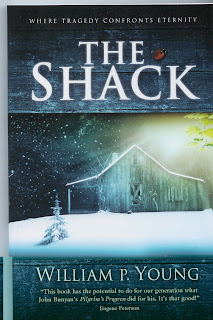
When I first started writing this blog back in January I had previously written four blog post about my experience in the publishing program at PSU and my experiences in marketing at Ooligan Press. I liked doing that. I felt good to have something I had written published again, even if it was only on one lowly blog read by a few people at most. When I was doing that it was only once a week and that was hard enough, for this class it's twice a week. It's hard. But the thing that I enjoy about it is that it forces me to write, period. I have always been someone that does better when I have a writing deadline or assignment. I've always been a better employee than a student and I always struggle with writing for myself day-to-day. But when there is a deadline, well it's got to be done, right?
I don't know if I will continue to blog after I finish this class and graduate. But, I have started to think about creative ways to blog and more importantly, I've discovered food blogs. I can't believe it took so long for me to find them, but now that I have I am thrilled. There are blogs from home cooks trying out recipes, and writers giving their "food sense", to industry insiders sharing their own informed opinions. Then of course there are the food reviewers. Not all of these are good and there is a little part of me that thinks: who do these people think they are? Who cares what they have to say about a restaurant? Who made them experts? But then I think of all of the possibilities that blogs present to me. I doubt that I can make any money with a blog about food, but I would love doing it nonetheless.
I've always struggled to figure out how to do what I love (cooking) and making a living. I considered becoming a chef (even got accepted to culinary school) but in the end I came to the conclusion that restaurant kitchens aren't the place that I want to cook. I like cooking at home for my friends. I like making what I want and then having those that I love give me feedback. For awhile I thought that I would open a restaurant but then I decided I really didn't want to turn into a complete jerk (as some restaurant owners are prone to.) So, now I am graduating with a degree in writing and book publishing and my eyes have been open to the possibilities of food writing simply for pleasure and the practice of writing and then we will see where that takes me.











